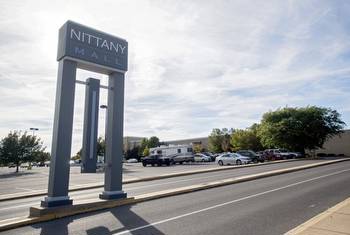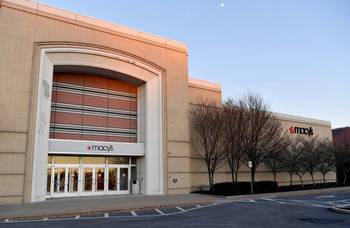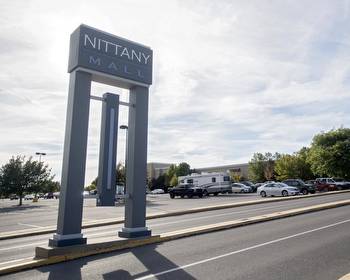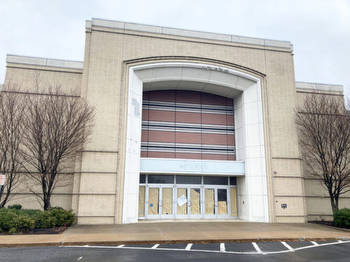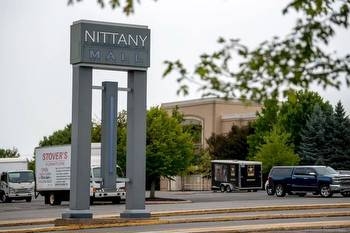Gaming Control Board gives green light to proposed State College mini-casino license hearings
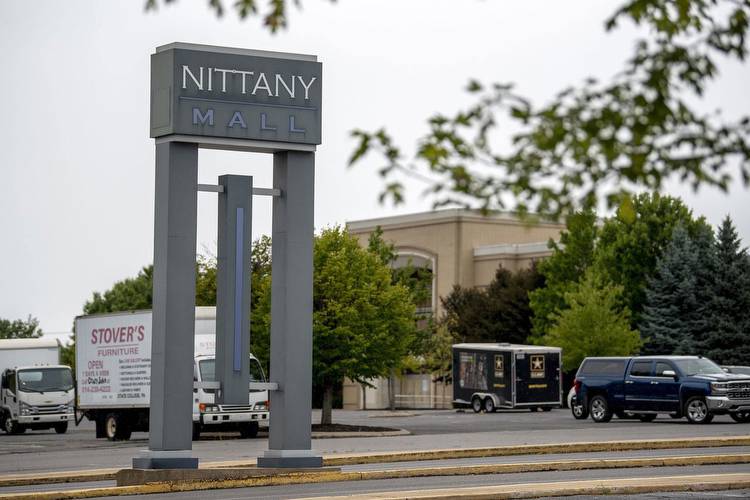
The Pennsylvania Gaming Control Board voted unanimously Wednesday to allow the licensing hearing process for a proposed $123 million mini-casino in State College to move forward as normal, despite the objections of a Philadelphia-based competitor.
Bally’s Corp., in partnership with SC Gaming LLC, led by former Penn State trustee Ira Lubert, intends to build a 94,000-square-foot mini-casino in the mostly vacant Nittany Mall, about four miles from the Penn State campus. It’s expected to employ between 350 and 400 people.
Attorneys for Bally’s and SC Gaming, and Stadium Casino LLC, which owns and operates Live! Casino in south Philadelphia appeared before the gaming control board in Harrisburg to present their cases Wednesday.
At issue was whether Stadium Casino, LLC can act as an intervener in the ongoing PGCB licensing process for the State College mini-casino and whether its legal representatives can request discovery procedures concerning SC Gaming’s ownership.
The board unanimously voted that while Stadium Casino LLC can act as an intervening party in the licensing process, it can do so only on a limited basis and cannot request ownership discovery.
The Office of Gaming Enforcement’s legal counsel made the same recommendation to board members prior to the vote. Board members spent 20 minutes in executive session before returning to announce its decision.
Mark Aronchick, a Philadelphia-based attorney representing Stadium Casino, LLC, argued that Providence, R.I.-based Bally’s Corp. and other investors not previously licensed by the PCGB were recruited by Lubert after he submitted a winning bid of $10 million for the State College mini-casino license in September 2020.
“There are red flags galore for us in pursuing this issue,” Aronchick said. “The purpose of the statute is to ensure no cannibalization of gaming with new operators. After the bid, (SC Gaming) entered into all kinds of arrangements and framework agreements.”
Aronchick noted the strong community opposition to the mini-casino and told board members that SC Gaming’s licensure will likely wind up delayed for two years in Commonwealth Court lawsuits and, ultimately, state Supreme Court lawsuits. Aronchick said the licensure of Sugar House Rivers Casino in Philadelphia was delayed in similar fashion.
Stephen Kastenberg of Philadelphia-based law firm Ballard Spahr, representing SC Gaming, said Stadium’s intent to ask for ownership discovery is “sour grapes from a competitor and something that we’ve seen time and time again.”
Kastenberg said a comprehensive investigation report will be provided concerning SC Gaming’s ownership. He added that the owner’s eligibility must, by statute, be decided by the board and that Stadium has no extraordinary basis for an unprecedented role in seeking discovery.
PCGB chair Denise Smyler said Stadium Casino LLC will be granted 15 minutes as an intervening party at the next scheduled licensure hearing but did not give an indication as to when that hearing would occur.
The proposed State College “mini-casino” is allowed to offer up to 750 slot machines, 30 table games and an on-site sports betting site and will house a full-service restaurant, a bar and fast-food and beverage outlets.
Thanks for visiting PennLive. Quality local journalism has never been more important. We need your support. Not a subscriber yet? Please consider supporting our work.









